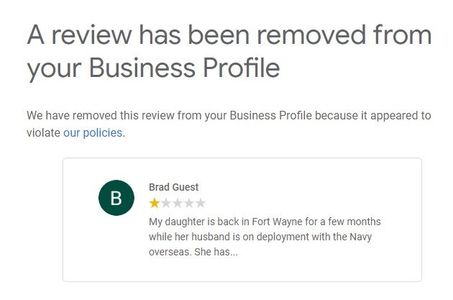

Welcome to the digital age, where your reputation can make or break your business! With the internet being the go-to resource for customers, managing your online presence has never been more crucial. So, what exactly is Reputation management, and why should you care? Let’s dive in!
At its core, reputation management is all about monitoring, influencing, and controlling your online presence. It’s the process of shaping public perception of your brand or business. You might think, “Isn’t that just good customer service?” Well, it’s much more than that! It involves various strategies and tactics to ensure that when someone searches for your name, the results reflect the positive side of your brand.
In today's fast-paced digital world, potential customers often turn to online reviews before making a purchase. A recent study found that 84% of people trust online reviews as much as a personal recommendation. So, if your reputation is tarnished, you could be losing out on business without even knowing it! Sounds alarming, right?
First things first—know what people are saying about you! Regularly monitor online reviews, social media mentions, and blog posts. There are various tools available that can help you track your reputation, such as Google Alerts or social media listening tools. It’s like having a watchful eye keeping tabs on your brand 24/7.
Engagement is key! Whether the reviews are positive or negative, responding shows that you care about customer feedback. A simple “Thank you!” for a glowing review or a thoughtful response to a complaint can go a long way. Customers appreciate when businesses acknowledge their opinions. Don’t just sit back; take action!
Now, how do you tip the scales in your favor? Encourage your happy customers to leave positive reviews. You could send a follow-up email after a purchase or even include links to review sites on your website. Just remember to keep it genuine; no one wants to feel pressured!

Content is king! Regularly posting valuable content on your website or blog can position you as an industry expert. By providing helpful information, you not only engage your audience but also improve your search engine ranking. It's a win-win situation! So, what’s stopping you from sharing your knowledge?
Social media isn’t just a platform for promotion; it’s a place to build relationships. Engage with your audience, share their stories, and participate in discussions. Building a community around your brand fosters loyalty and enhances your reputation. The more personable you are, the more people will connect with you. Have fun with it!